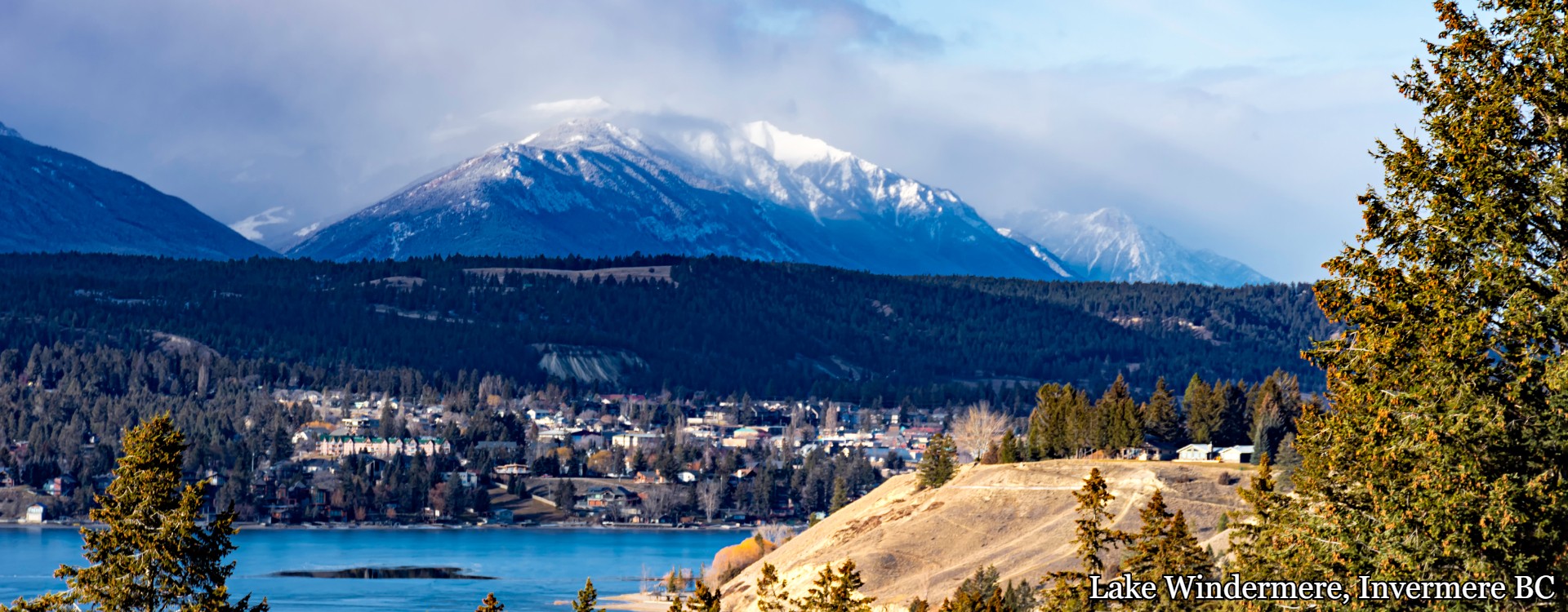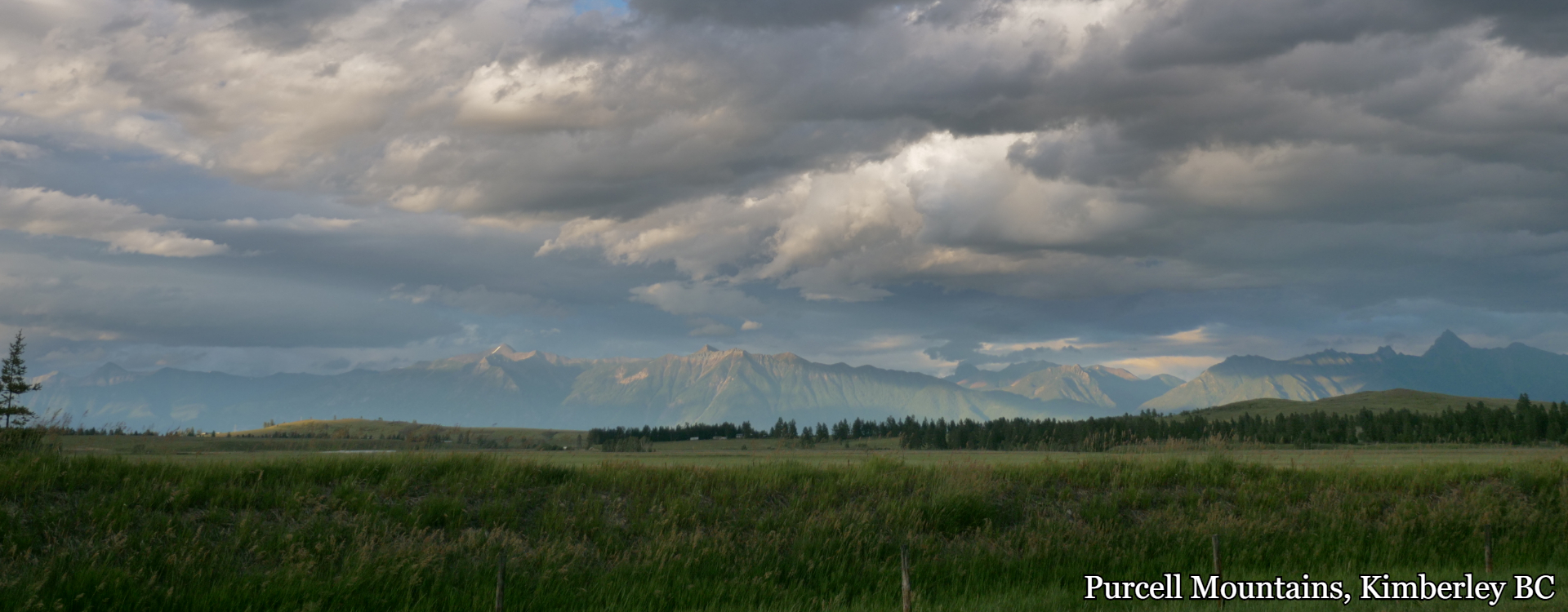Contact Us: (250) 426-3132 | 1-800-619-4222
Cremation Services
Cremation is an increasingly popular option for many people, serving as an alternative to burial. Reasons for preferring cremation vary. Some religions request it, while other people consider it more environmentally conscious. Some may simply like the idea of cremation more. During cremation, the remains are placed in a special furnace and reduced to resemble coarse sand. Cremation is not an alternative to a funeral, but rather an alternative to burials or other forms of disposition.
Cremated remains can be scattered, buried, or they may be kept with the family in a decorative urn. There are many ways to dispose of ashes today: cremated remains can be placed in an artificial coral reef in the ocean; they can be launched into space or sent up in helium balloons; they can be spun into glass pieces of art or diamonds.
Some religions welcome cremation, while others forbid it. The Catholic Church had previously banned cremation up until 1963, and burial remains the preferred form of disposition today. In other Christian denominations, cremation was historically discouraged but is now more widely accepted. In eastern religions such as Hinduism, Jainism, Sikhism, and Buddhism, cremation is mandated. In Islam, it is strictly forbidden. Orthodox Jews also forbid cremation, while other sects of Judaism support cremation; however, burial remains the preferred option.
Cremation FAQ
What is cremation?
Cremation is the process of reducing the human body using high heat and flame. Cremation is not the final disposition of the remains, nor is it a type of funeral service.
Is a casket needed for cremation?
In British Columbia, you are required by law to have a cremation container. A cremation container is like a casket, often made from plywood or pine and will go right through the cremation process.
Is embalming required prior to cremation?
No embalming is not required prior to cremation.
Can the body be viewed without
Yes, although in some situations it may be recommended.
Can the family witness the cremation?
Yes they can; the crematorium we use will allow family members to be present when the body is placed in the cremation chamber. Some religious groups ask for this as part of their funeral custom.
Can an urn be brought into church?
Nearly all Protestant Churches allow for the urn to be present during the memorial service. Most Catholic Churches also allow the remains to be present during the Memorial Mass. Including cremated remains as a part of the funeral provides a focal point for the service.
What can be done with the cremated remains?
While laws vary province by province, for the most part, remains can be buried in a cemetery lot or in a cremation garden, interred in a columbarium, kept at home, or scattered.
How long does the actual cremation take?
It all depends on a few factors including the weight of the individual. For an average sized adult, the complete cremation process can take between 6-8 hours.
What do the cremated remains look like?
Cremated remains resemble coarse sand and are whitish to light grey in color. The remains of an average sized adult usually weigh between 7 and 8 pounds.
Do I need an urn?
An urn is not required by law. An urn may be desired if there is to be a memorial service or if the remains are to be interred in a cemetery. If an urn is not purchased or provided by the family, the cremated remains will be returned in a temporary cardboard container.
CRANBROOK
Location
2200 - 2nd Street South
Cranbrook, BC
V1C 1E1
PHONE: (250) 426-3132
TOLL FREE:
1-800-619-4222
FAX: (250)-426-5811
Kimberley
Location
1885 Warren Ave.
Kimberley, BC
V1A 1R9
PHONE: (250) 426-3132
TOLL FREE:
1-800-619-4222
FAX: (250)-426-5811



